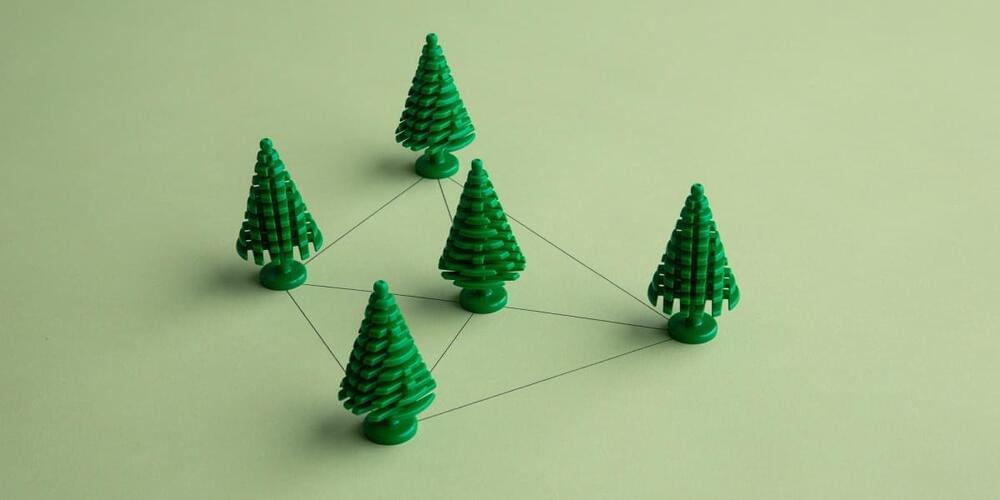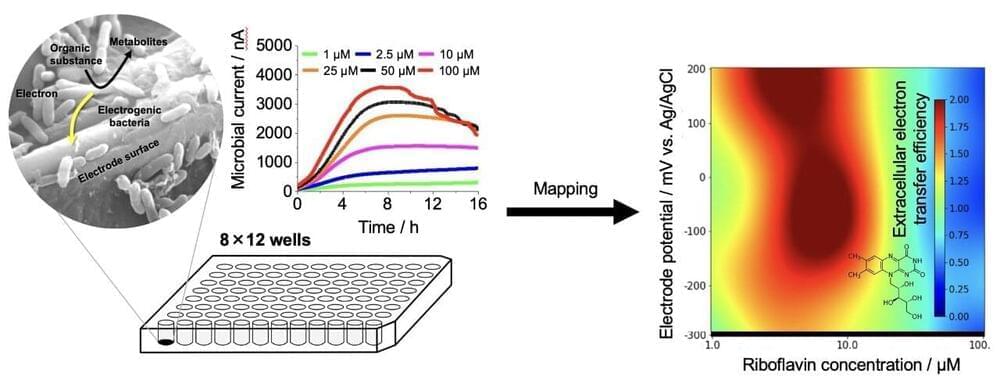Archive for the ‘science’ category: Page 37
Dec 17, 2022
How do wind turbines spin during winter? The science behind frozen blades
Posted by Gemechu Taye in categories: energy, physics, science, sustainability
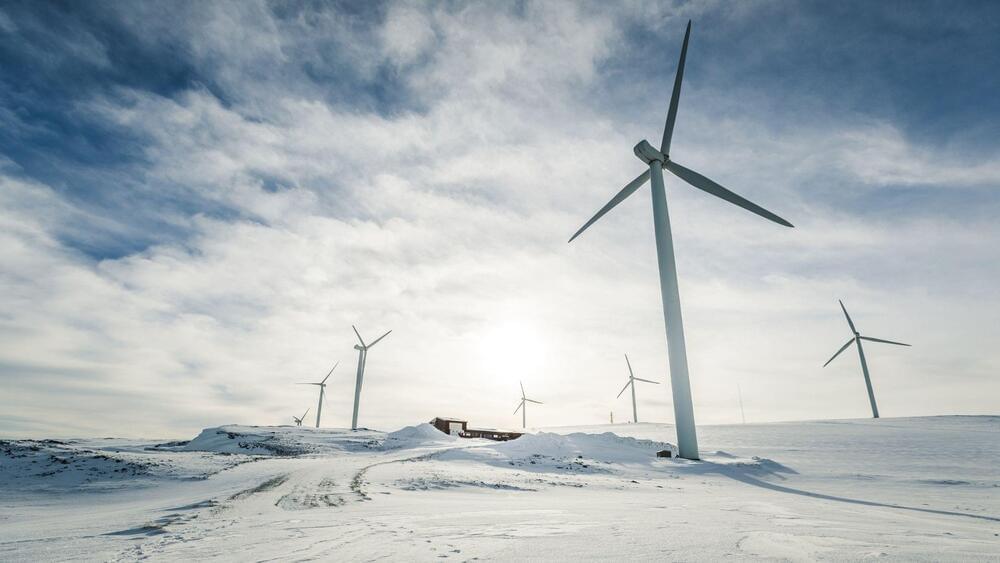
Building a wind power operation that can thrive in icy conditions requires a keen understanding of the underlying physics.
Winter is supposed to be the best season for wind power — the winds are more potent, and since air density increases as the temperature drops, more force is pushing on the blades. But winter also comes with a problem: freezing weather.
Continue reading “How do wind turbines spin during winter? The science behind frozen blades” »
Dec 16, 2022
The Science of The Expanse
Posted by Jose Ruben Rodriguez Fuentes in categories: media & arts, science, space, weapons
The Expanse is one of the seminal sci-fi shows of the past decade. Set centuries in the future when humans have colonized the solar system, it’s been called one of the most scientifically accurate sci-fi shows of all time. But just how much does this hold up to scrutiny?
Join this channel to get access to perks:
https://www.youtube.com/channel/UCF5F2zbc6NhJVyEiZGNyePQ/join.
Dec 15, 2022
Dr Loren Matheson, PhD — Centre for Security Science, DRDC — Leading Canada’s Safety & Security R&D
Posted by Ira S. Pastor in categories: biotech/medical, chemistry, food, government, health, policy, science, security
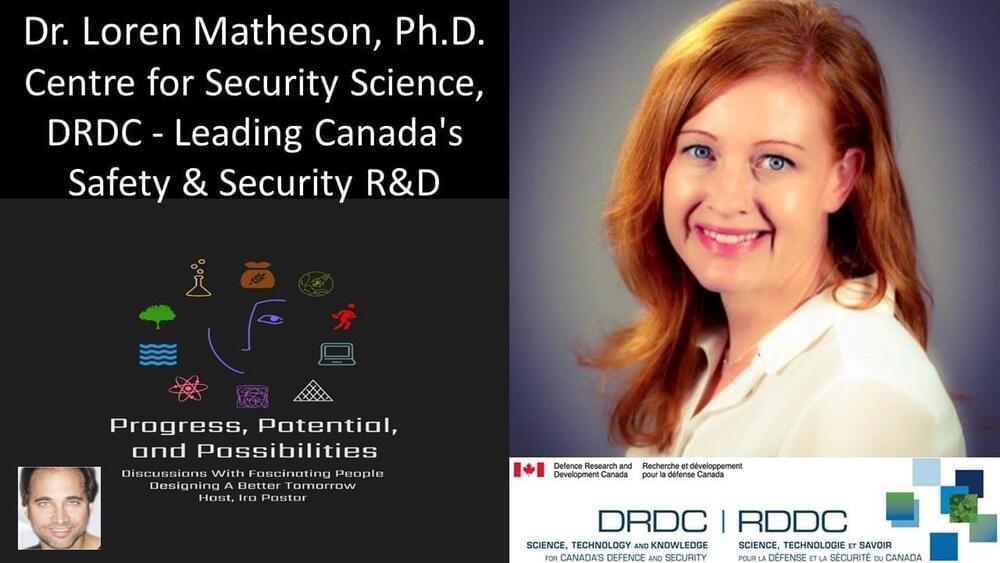
Leading Canada’s Bio-Safety & Security R&D — Dr. Loren Matheson PhD, Defence Research and Development Canada, Department of National Defence.
Dr. Loren Matheson, Ph.D. is a Portfolio Manager at the Center For Security Science, at Defence Research and Development Canada (DRDC — https://www.canada.ca/en/defence-research-development.html), which is a special operating agency of the Department of National Defence, whose purpose is to provide the Canadian Armed Forces, other government departments, and public safety and national security communities with knowledge and technology.
Dec 14, 2022
The 50-year-old problem that eludes theoretical computer science
Posted by Kelvin Dafiaghor in categories: computing, science
A solution to P vs NP could unlock countless computational problems—or keep them forever out of reach.
Dec 12, 2022
Science Saturday: Early research toward a cell-free solution for stress urinary incontinence
Posted by Shubham Ghosh Roy in categories: biotech/medical, life extension, science
Mayo Clinic researchers found a noncellular substance suggested improvement in restoring muscle function and bladder control in preclinical models. The teams of Atta Behfar, M.D., Ph.D. and Emanuel Trabuco, M.D., led this research in a collaboration between Mayo Clinic Departments of Cardiovascular Medicine and Obstetrics and Gynecology. The paper is published in NPJ Regenerative Medicine.
“Surgical treatment for stress urinary incontinence, a condition afflicting 25 million women, has significantly declined over concerns about negative side effects,” says Dr. Trabuco. “This has led many women to delay therapy and suffer needlessly. We hope to develop a minimally invasive, noncellular, exosome-based approach to muscle regeneration for urinary incontinence that not only targets the underlying cause of the condition but also avoids the problem with invasive surgical options presently available.”
The research team used regenerative purified exosome product, known as PEP, derived from platelets to deliver messages into the cells of preclinical models. Exosomes are extracellular vesicles that are like a delivery service moving cargo from one cell to another, with instructions for targeting exact tissues that need repair. The study suggests that the use of purified exosome product alleviates stress urinary incontinence from musculoskeletal breakdown in animals. The team did not detect any infection or off-target toxicity with application of PEP.
Dec 8, 2022
New electrochemical measurement output uses data science to reveal microbial electricity generation mechanisms
Posted by Saúl Morales Rodriguéz in categories: chemistry, science, sustainability
Researchers at Japan’s National Institute for Materials Science (NIMS) have developed a device capable of taking hundreds of times more electrochemical measurements than conventional devices. By analyzing the device’s large amounts of data, the team has identified molecular mechanisms that enable electrogenic bacteria to efficiently generate electricity even when subjected to a wide range of electrode potentials.
This technique can also be used to analyze materials interacting with microorganisms (e.g., biodegradable plastics), potentially facilitating efforts to discover innovative microbial degradable materials.
The work was published in the journal Patterns in October, 2022.
Dec 8, 2022
James Fodor — The Shaky Foundations of Science: An Overview of the Big Issues
Posted by Dan Breeden in category: science
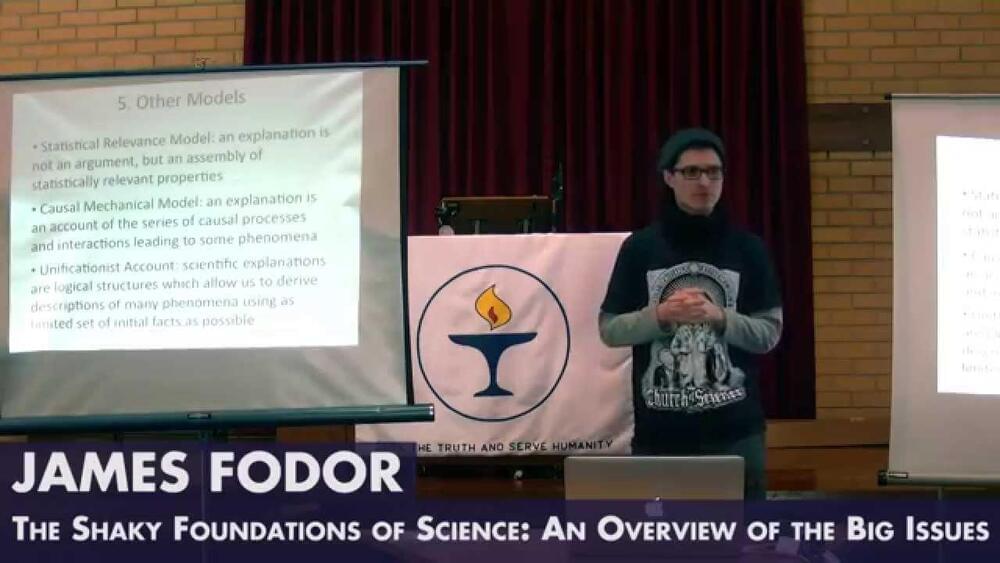
Many people think about science in a fairly simplistic way: collect evidence, formulate a theory, test the theory. By this method, it is claimed, science can achieve objective, rational knowledge about the workings of reality. In this presentation I will question the validity of this understanding of science. I will consider some of the key controversies in philosophy of science, including the problem of induction, the theory-ladenness of observation, the nature of scientific explanation, theory choice, and scientific realism, giving an overview of some of the main questions and arguments from major thinkers like Popper, Quine, Kuhn, Hempel, and Feyerabend. I will argue that philosophy of science paints a much richer and messier picture of the relationship between science and truth than many people commonly imagine, and that a familiarity with the key issues in the philosophy of science is vital for a proper understanding of the power and limits of scientific thinking.
Slides to the presentation available here: http://www.slideshare.net/adam_ford/the-shaky-foundations-of…ames-fodor.
Continue reading “James Fodor — The Shaky Foundations of Science: An Overview of the Big Issues” »
Dec 6, 2022
Can science crack the mystery of consciousness? | Bernardo Kastrup, Carlo Rovelli, and more
Posted by Dan Breeden in categories: neuroscience, quantum physics, science
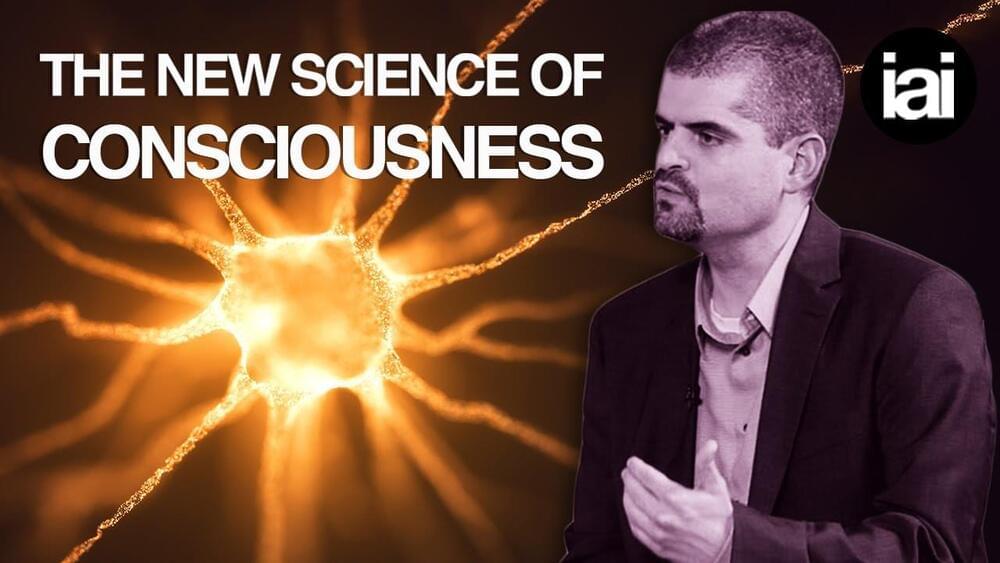
Bernardo Kastrup, Carlo Rovelli and Patricia Churchland lock horns over the New Science of Consciousness.
00:00 Intro.
01:20 Patricia Churchland | On scientific evidence.
02:50 Bernardo Kastrup | On material idealism.
04:47 Carlo Rovelli | There is no hard problem of consciousness.
07:00 Robert Lawrence Kuhn | Will we ever be able to provide data explaining consciousness?
Dec 5, 2022
Dr. Seemay Chou, Ph.D. — CEO, Arcadia Science — Tapping Biological Innovation In Nature For Humanity
Posted by Ira S. Pastor in categories: biological, evolution, science
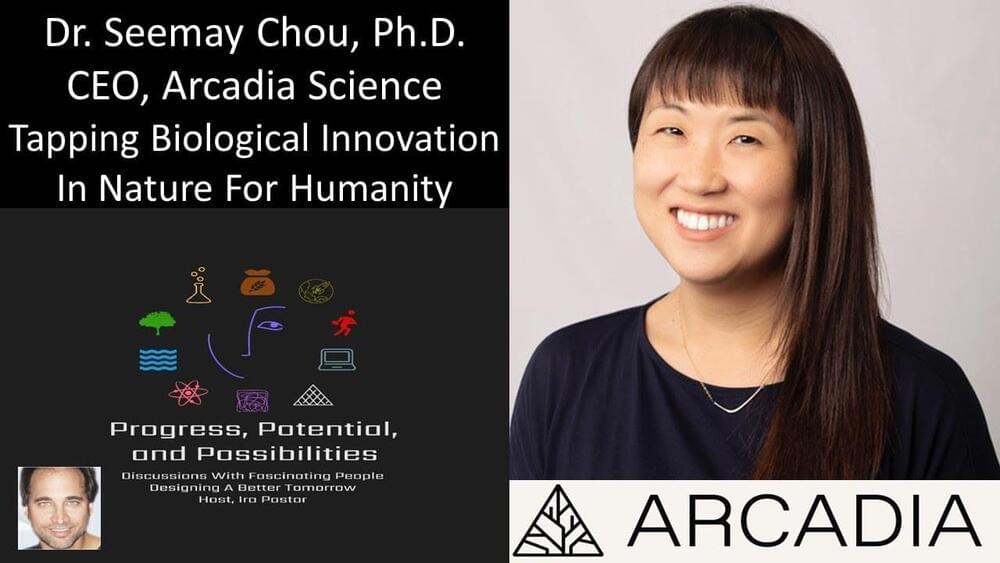
Tapping Biological Innovation In Nature For Humanity — Dr. Seemay Chou Ph.D., CEO, Arcadia Science
Dr. Seemay Chou, Ph.D. is the Co-Founder, CEO, and Board Member of Arcadia Science (https://www.arcadia.science/), a research and development company focusing on under researched areas in biology, with a specific focus on novel model organisms that haven’t been traditionally studied in the lab.


